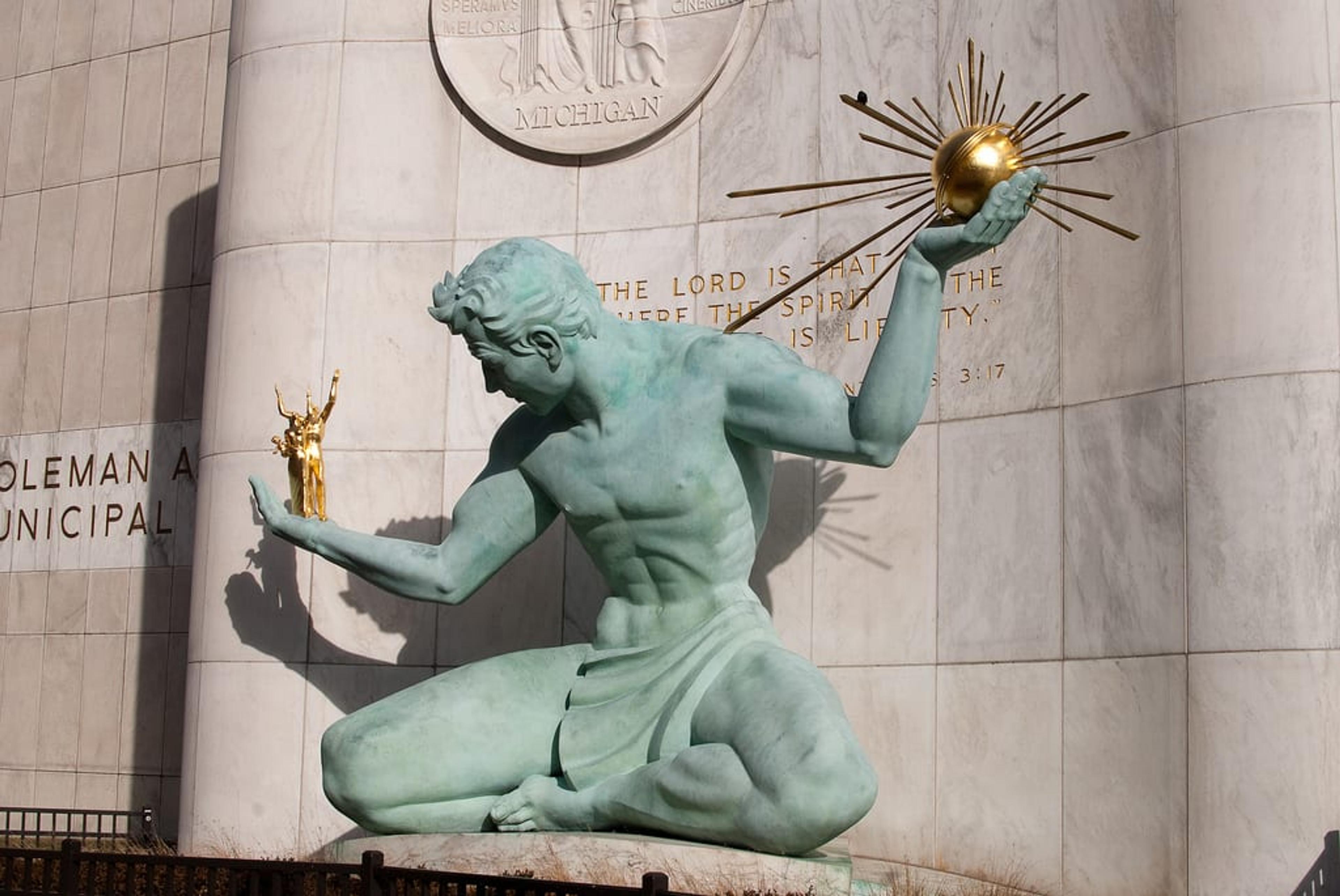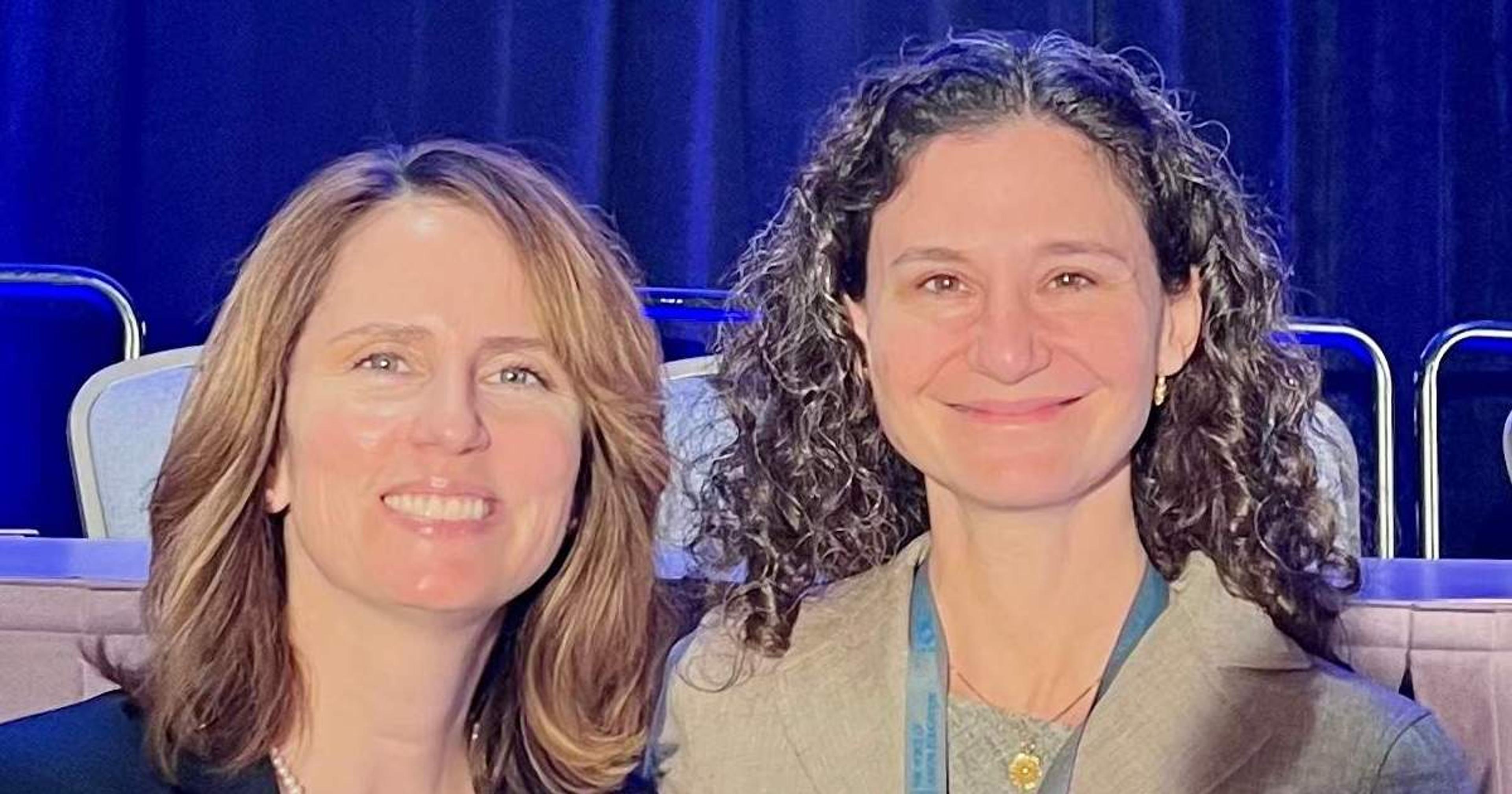#MPC15: “What Happens in Detroit Matters to America”
Julie Bitely
| 3 min read

In his travels to cities across the country and world, Darren Walker always finds himself answering questions about Detroit. “Everybody wants Detroit to succeed,” the Ford Foundation president said in a panel discussion focused on the future of a post-bankruptcy Detroit at the Mackinac Policy Conference. Ford was joined by other architects of Detroit’s so-called grand bargain including Kevyn Orr, the city’s former emergency manager, retired U.S. Bankruptcy Judge Steven Rhodes, U.S. District Chief Judge Gerald Rosen, and moderator Mariam Noland, President of the Community Foundation for Southeast Michigan. Orr said since his exit in December following the city’s emergence from bankruptcy, he’s been impressed by the progress he’s observed. He sees the city doing business in a different and more robust way with more accountability built into the process. Projects such as the new M-1 Rail, Windsor-Detroit bridge and customs plaza will only continue Detroit’s march forward into a new era. Rhodes urged citizens to not only be vigilant in keeping their leaders accountable, but contributing to the city’s revitalization. He said it’s not leadership that’s constant in a city, but the people living there and they need to do their part. Walker called for a regional commitment to continue to move the city forward, noting that the suburbs’ and city’s futures are linked and that the region as a whole can’t be successful if the city fails. He said Detroit’s comeback is important to Michigan and the country. “What happens in Detroit matters to America,” Walker said. In a separate keynote address, Mayor Mike Duggan highlighted improvements to city services and infrastructure that have taken place since he took office in January 2014. “We’ve got a long way to go in this city, but we’re making progress,” he said. Highlights included:
- The replacement of 44,000 street lights in the city. When he took office, nearly half the city’s lights were dark. Duggan expects that every neighborhood light in the city will be replaced and working by the end of July.
- A reduction in EMT response times from 18 minutes to ten, which is starting to approach the national average. New EMT hires and additions to the city’s vehicle fleet have contributed to this improvement, Duggan said.
- Additions to the Department of Public Works staff have helped to address trash accumulation on vacant city lots.
- The demolition of more than 4,000 abandoned homes and the filing of more than 1,900 nuisance violations against neglectful property owners. Duggan said the result is neighborhoods being cleaned up and repopulated through home sales by the Detroit Land Bank, which takes ownership if a property owner won’t clean up their property. “These were neighborhoods people had given up on,” he said.
Duggan also outlined his plans to reform Detroit Public Schools, calling for an elected school board that would report to a state overseer, as well as a central authority to help streamline and coordinate the opening and closing of schools. Blue Cross Blue Shield of Michigan is proud to contribute to Detroit’s comeback through our continued presence in the city as an employer, our financial contributions to the Grand Bargain, our financial support for public safety vehicles under Mayor Dave Bing, our $1 million commitment to Live the Riverfront and our contribution to the M-1 Rail partnership. Blue Cross Blue Shield of Michigan is the Diamond sponsor of this year’s Mackinac Policy Conference. Photo Credit: Davis Doherty





